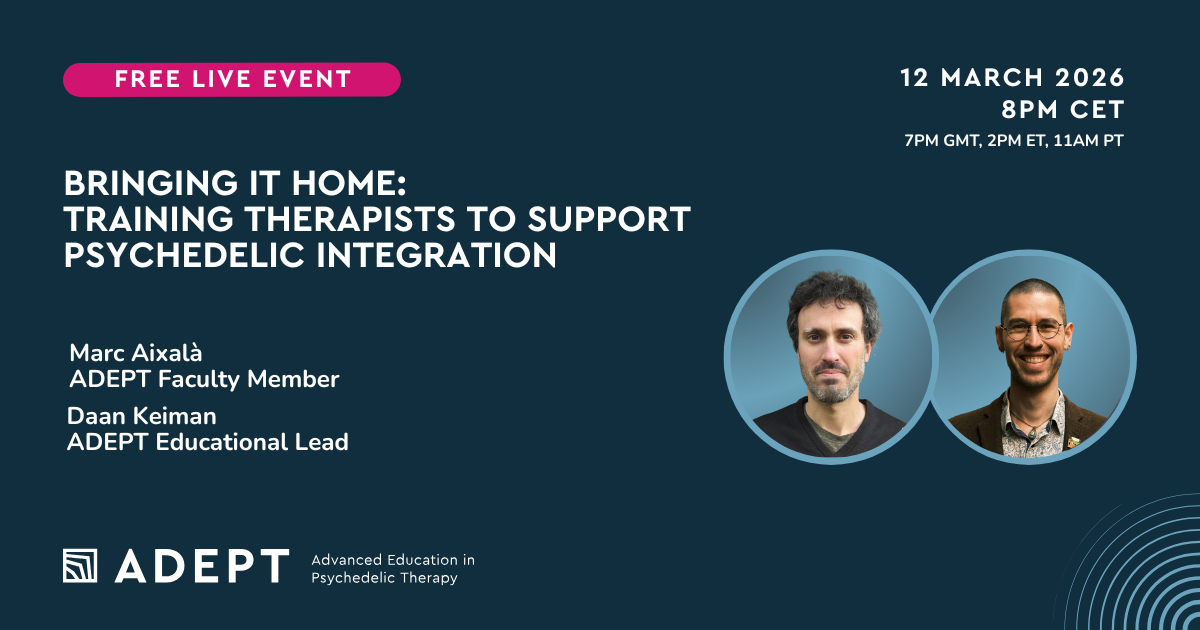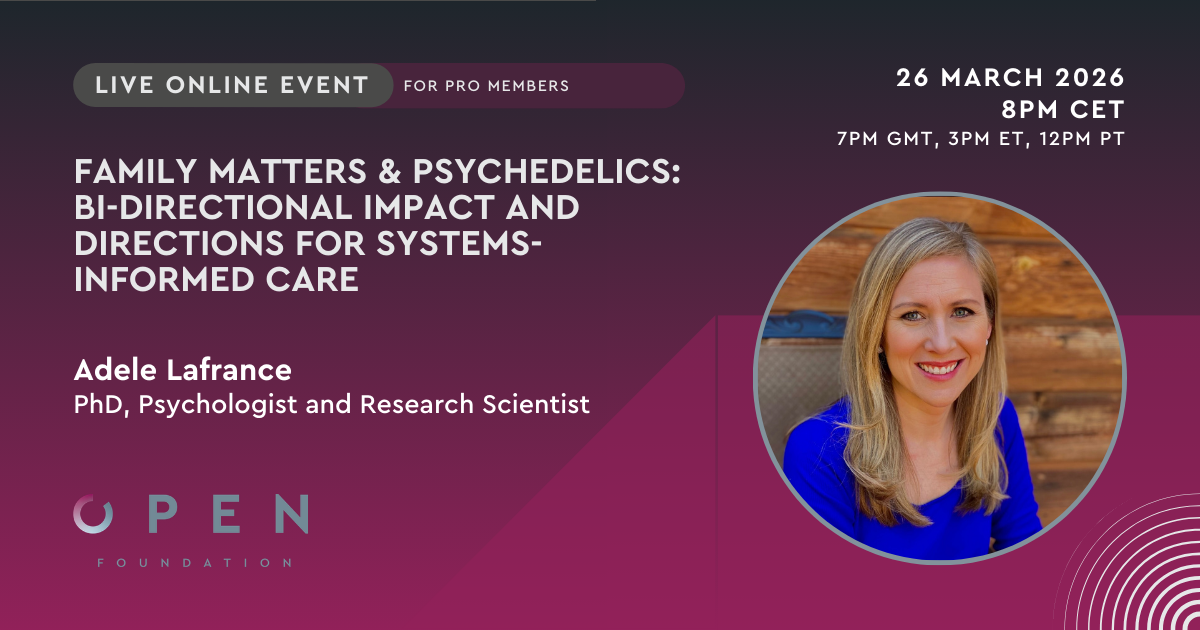Abstract
Background: Neuroimaging studies have just begun to explore the acute effects of psychedelics on large-scale brain networks’ functional organization. Even less is known about the neural correlates of subacute effects taking place days after the psychedelic experience. This study explores the subacute changes of primary sensory brain networks and networks supporting higher-order affective and self-referential functions 24 hours after a single session with the psychedelic ayahuasca.
Methods: We leveraged task-free functional magnetic resonance imaging data 1 day before and 1 day after a randomized placebo-controlled trial exploring the effects of ayahuasca in naïve healthy participants (21 placebo/22 ayahuasca). We derived intra- and inter-network functional connectivity of the salience, default mode, visual, and sensorimotor networks, and assessed post-session connectivity changes between the ayahuasca and placebo groups. Connectivity changes were associated with Hallucinogen Rating Scale scores assessed during the acute effects.
Results: Our findings revealed increased anterior cingulate cortex connectivity within the salience network, decreased posterior cingulate cortex connectivity within the default mode network, and increased connectivity between the salience and default mode networks 1 day after the session in the ayahuasca group compared to placebo. Connectivity of primary sensory networks did not differ between groups. Salience network connectivity increases correlated with altered somesthesia scores, decreased default mode network connectivity correlated with altered volition scores, and increased salience default mode network connectivity correlated with altered affect scores.
Conclusion: These findings provide preliminary evidence for subacute functional changes induced by the psychedelic ayahuasca on higher-order cognitive brain networks that support interoceptive, affective, and self-referential functions.
Methods: We leveraged task-free functional magnetic resonance imaging data 1 day before and 1 day after a randomized placebo-controlled trial exploring the effects of ayahuasca in naïve healthy participants (21 placebo/22 ayahuasca). We derived intra- and inter-network functional connectivity of the salience, default mode, visual, and sensorimotor networks, and assessed post-session connectivity changes between the ayahuasca and placebo groups. Connectivity changes were associated with Hallucinogen Rating Scale scores assessed during the acute effects.
Results: Our findings revealed increased anterior cingulate cortex connectivity within the salience network, decreased posterior cingulate cortex connectivity within the default mode network, and increased connectivity between the salience and default mode networks 1 day after the session in the ayahuasca group compared to placebo. Connectivity of primary sensory networks did not differ between groups. Salience network connectivity increases correlated with altered somesthesia scores, decreased default mode network connectivity correlated with altered volition scores, and increased salience default mode network connectivity correlated with altered affect scores.
Conclusion: These findings provide preliminary evidence for subacute functional changes induced by the psychedelic ayahuasca on higher-order cognitive brain networks that support interoceptive, affective, and self-referential functions.
Pasquini, L., Palhano-Fontes, F., & de Araujo, D. B. (2019). Subacute effects of the psychedelic ayahuasca on the salience and default mode networks. medRxiv, 19007542., https://doi.org/10.1177/0269881120909409
Link to full text













